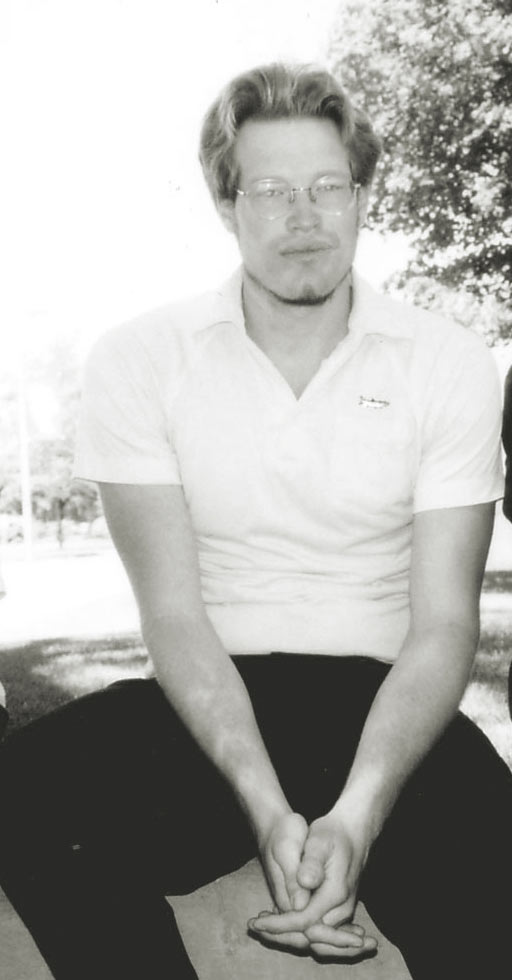Page added on June 29, 2011
When disaster strikes: looting or love?
Love in a Little Town from James Muir on Vimeo.
“A powerful riposte to those who argue that in difficult times people become more selfish and turn on each other. Beautiful,” says Rob Hopkins about a video from a New Zealand town recently leveled by an earthquake with a plucky community spirit.
It makes dramatic TV to see angry mobs brandishing Glocks, busting store windows and pushing shopping carts full of bottled water, toilet paper and power tools down night streets glistening with broken glass. But when Lyttelton, the port city for Christchurch, New Zealand, experienced a 6.3 magnitude earthquake in February, destruction brought out the best in people.
“In this time of great loss,” wrote filmmaker James Muir, “Lyttelton and its community stood out as being resilient, organized and sustainable. It already had the community connections, time-banking, resource sharing and a cooperative arts community.”
Lyttleton’s experience mirrors that of Japan’s Sendai Prefecture, which after the devastating 9.0-point Tohoku Earthquake in March, experienced peace and calm amidst devastation.
Was it because the Japanese are by culture a peaceful people? No, says Richard Baehr in the American Thinker — just remember the Rape of Nanking, a horrible atrocity.
As a Japanese businessman told Baehr,
Japanese people are like passengers on a cruise ship. They know that they are stuck with the same people around them for the foreseeable future, so they are polite, and behave in ways that don’t make enemies, and keep everything on a friendly and gracious basis. Americans are like ferryboat passengers. They know that at the end of a short voyage they will get off and may never see each other again. So if they push ahead of others to get off first, there are no real consequences to face. It is every man for himself.
New Zealanders, like the Japanese, live close together on islands. Are they nicer to each other because they feel they have to get along?
If that’s true, is there any chance for Americans or others who live in big countries to do anything but start ripping our neighbors to shreds if catastrophe comes?
This should be a key question of anyone who cares about peak oil and climate change. The Transition movement seems to have an answer for this, at least in small communities, but possibly also in big cities such as Los Angeles too: start getting to know your neighbors and working with them on local-resilience projects like community gardens now.
2 Comments on "When disaster strikes: looting or love?"


DC on Wed, 29th Jun 2011 4:28 am
As much as I hope they are right, this article misses a few important distinctions. Firstly, the people of NZ could expect that help would arrive from the outside very soon. Thus, they they had nothing to gain and much to lose if they acted like well..amerikans. This is not to suggest they restrained themselves only b/c they knew they wouldnt get away with it, not at all. But your going to conduct yourself different if you know for a certainty, help will arrive soon.
Now turn that around, what if NO help is comeing? What if every other place is in as bad a shape or possibly worse. How will people act then. Worse? the same, maybe. What changes the equation is that the entire structure of our way of life, makes us dependant on food, energy and water, that come from great distances or are built around fragile infastruture for which ZERO backup exists. I know the feeling well. The city I live wouldnt last a week w/o the complex connection to the Fossil-fueled world. And I think a week is being generous.
The idea that well all come togther build a campfire and sing songs is a comforting one, but im not so sure. Once the food water and fuel run out, and people realize that they are\were completely dependant on industrial just to keep them alive, and that system is gone, what will they do? People have no idea how to provide even the basic nessecities for life now. As far as most people are concerened, vital supplies magically appear @ wall-mart and entertainment and information also apper magically via the intwebs. Thats the extent of 95% of peoples practical knowledge on the subject.
Andrew DeWit on Wed, 29th Jun 2011 4:41 am
This is nonsense. What is the level of inequality in the particular area hit by crisis? That should be the first item for study when asking why there is looting etc (or why not). And don’t be misled by claims that there was no rape and looting in the Japanese Tohoku region. And Sendai is a city, not a prefecture.